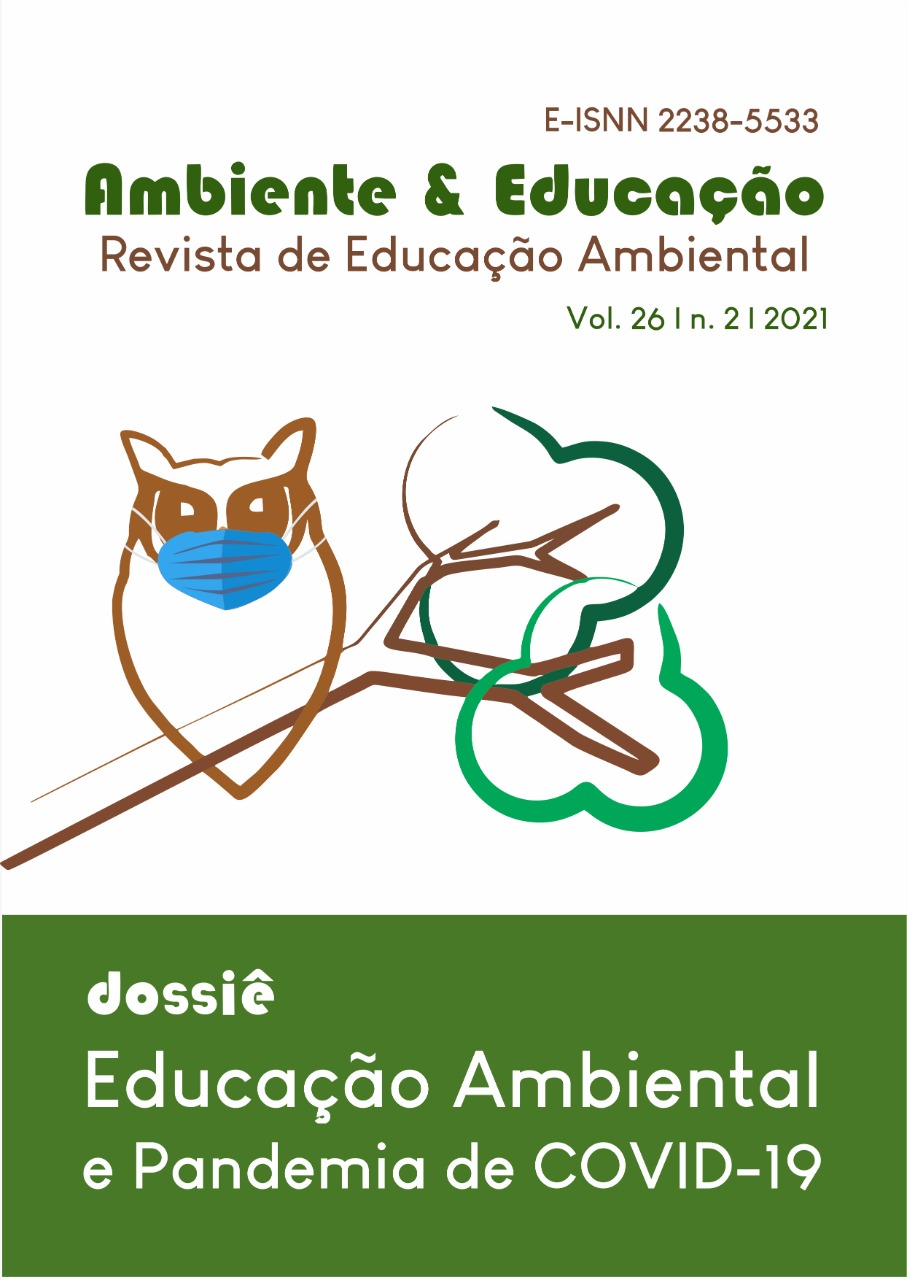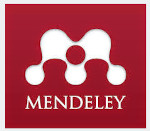Pests constituting environments
Meanings from the South global periphery
DOI:
https://doi.org/10.14295/ambeduc.v26i2.13497Palabras clave:
Meanings of environment, Pest historiography, Epidemological surveillance, Epistemological surveillance, Analysis of discourseResumen
The interrelationships among subject, environment and technoscience have been experiencing great challenges from liberal projects. This is intensified in pest events, since these decimate expressive portions of populations in the global South periphery. Through the Franco-Brazilian Analysis of Discourse, we selected historiography disclosures that address pests throughout history, to understand the inferences about the imaginary of those environments, and how such events promoted what we understand as epidemiological and epistemological surveillance, constituting another environments. From the analyses, we infer that pests operate important relations of power and strength, triggering important meanings for technoscientific and environmental education.
Descargas
Citas
BARRIENDOS, J. La colonialidad del ver: hacia un nuevo diálogo visual interepistémico. Nómadas, Colômbia, n. 35, p. 13-29, out. 2011. Disponível em: https://www.redalyc.org/articulo.oa?id=105122653002. Acesso em: 15 ago. 2021.
BBC NEWS. Cinco epidemias que ajudaram a mudar o rumo da história. BBC News Brasil, 22 mar. 2020. Disponível em: https://www.bbc.com/portuguese/geral-51961141. Acesso em: 9 set. 2021.
BIEHL, Janet; STAUDENMAIER, Peter. Ecofascism: lessons from the German experience. The anarchist library, 1996. Disponível em: https://theanarchistlibrary.org/library/janet-biehl-and-peter-staudenmaier-ecofascism-lessons-from-the-german-experience.
GALVANI, Walter. Nau Capitânia: Pedro Álvares Cabral: como e com quem começamos. Rio de Janeiro: Record, 2000.
KRENAK, A. Ideias para adiar o fim do mundo. São Paulo: Cia. das Letras, 2019.
MOURA, C. Sociologia do negro brasileiro. 2. ed. São Paulo: Perspectiva, 2019. (Palavras negras).
NOGUEIRA, Salvador. Ciência Proibida: as experiências científicas mais perigosas, assustadoras e cruéis já realizadas. In: GARATTONI, Bruno (Ed.). Rev. Super Interessante, São Paulo, ed. esp., Jun. 2015.
ORLANDI, E. P. Eu, tu, ele: discurso e real da história. 2. ed. Campinas, SP: Pontes, 2017.
ORLANDI, E. P. Análise de discurso: princípios e procedimentos. 12. ed. Campinas, SP: Pontes, 2015.
ORLANDI, E. P. Terra à vista!: discurso do confronto: velho e novo mundo. São Paulo: Cortez; Campinas, SP: Unicamp, 1990. (Biblioteca da educação, série 5. Estudos de linguagem, v. 5).
QUIJANO, A. Colonialidade, eurocentrismo e América Latina. In: LANDER, E. (ed.). A colonialidade do saber: eurocentrismo e ciências sociais: perspectivas latino-americanas. Buenos Aires: CLACSO, 2005. p. 117-142.
SANTOS, B. S. A cruel pedagogia do vírus. Coimbra, Portugal: Almedina, 2020.
SANTOS, B. S. Para além do pensamento abissal: das linhas globais a uma ecologia de saberes. In: SANTOS, B. S.; MENESES, M. P. (orgs.). Epistemologias do Sul. São Paulo: Cortez, 2010. p. 31-83.
SILVA, A. Como foi o Grande Incêndio de Londres. Rev. SuperInteressante: História, 2 fev. 2013. Disponível em: https://super.abril.com.br/historia/o-grande-incendio/. Acesso em: 9 set. 2021.
VELLOSO, M. P.Os restos na história: percepções sobre resíduos. Ciênc. saúde coletiva, v. 13, n. 6, dez. 2008. p. 1953-1964. Disponível em: https://doi.org/10.1590/S1413-81232008000600031. Acesso em: 9 set. 2021.
VITORIO, T. Bilionários ficaram US$ 5 trilhões mais ricos em meio à pandemia de Covid-19. CNN Brasil Business, 6 abr. 2021. Disponível em: https://www.cnnbrasil.com.br/business/mesmo-com-a-pandemia-da-covid-19-bilionarios-ficaram-us-5-trilhoes-mais-ricos/. Acesso em: 10 set. 2021.
Descargas
Publicado
Cómo citar
Número
Sección
Licencia
Derechos de autor 2022 Roberth De-Carvalho

Esta obra está bajo una licencia internacional Creative Commons Atribución-NoComercial-SinDerivadas 4.0.
Os (as) autores(as) que publicam nesta revista concordam com os seguintes termos: Os (as) autores(as) mantém os direitos autorais e concedem à revista o direito de primeira publicação, com o trabalho simultaneamente licenciado sob a Licença Creative Commons Atribuição-NãoComercial-SemDerivações (CC BY-NC-ND 4.0) que permite o compartilhamento do trabalho com reconhecimento da autoria e publicação inicial nesta revista. Os (as) autores(as) têm autorização para assumir contratos adicionais separadamente, para distribuição não-exclusiva da versão do trabalho publicada nesta revista (ex.: publicar em repositório institucional ou como capítulo de livro), com reconhecimento de autoria e publicação inicial nesta revista. Os (as) autores(as) têm permissão e são estimulados a publicar e distribuir seu trabalho online (ex.: em repositórios institucionais ou na sua página pessoal) em qualquer ponto antes ou durante o processo editorial, já que isso pode aumentar o impacto e a citação do trabalho publicado.












